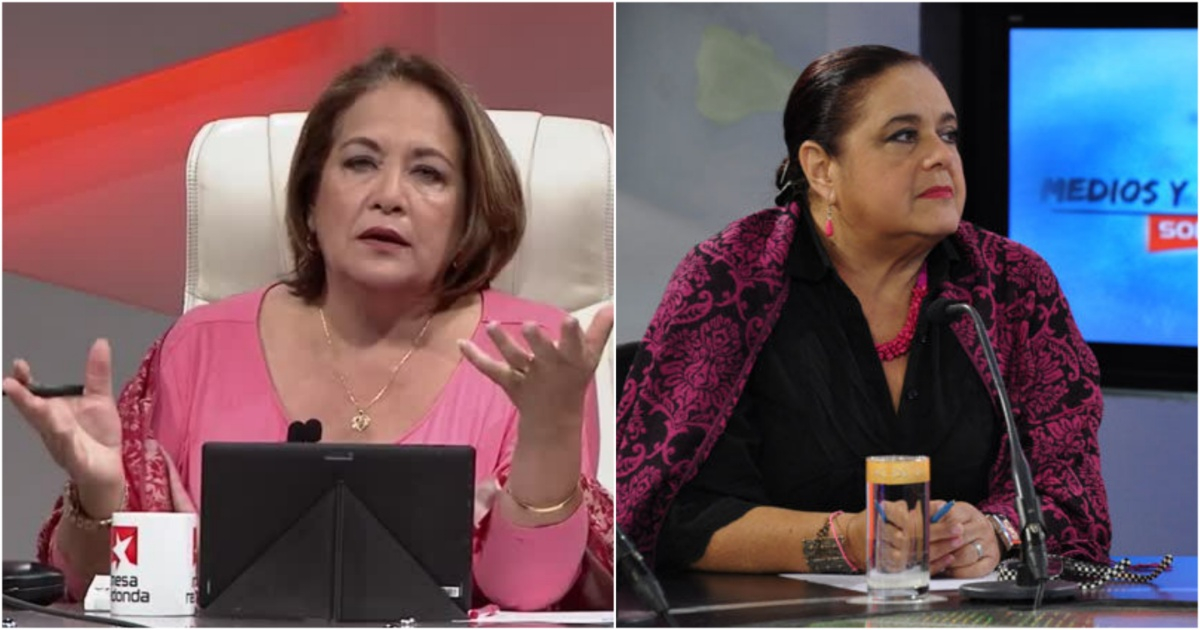Official spokeswomen Arleen Rodríguez Derivet and Bárbara Betancourt have denied any student protests against the ETECSA fee hike, blaming independent media for spreading "textbook fake news." In "Chapeando Bajito," a podcast by Cubadebate, they acknowledged the student backlash and statements but insisted that "everything has been addressed through institutional dialogue."
"Once again, fake news is pouring in. The latest events have been a genuine warfare operation, comparable only to the invasion of lies on July 11," they lamented. The spokeswomen criticized the journalistic practice of using stock footage of university students to illustrate calls for strikes, labeling it as misinformation.
Their usual reverse logic rhetoric also turned to criticism of university repression in the United States. "Even if these lies are deceitful, they are easy to believe in countries like the U.S., where students are pepper-sprayed for protesting against genocide in Gaza, or where funding is cut from Harvard, and non-American students are jailed or deported," they remarked.
Without detailing what these fake news consist of, Betancourt accused the independent media outlet El Toque of spreading falsehoods, citing a video segment where journalist Eloy Viera explained a foreign recharge scam. "It's infuriating that justice can't reach them. These allegations of university repression are just another lie," Betancourt threatened, once again without providing specifics.
Contradictions in the Official Narrative
However, what these spokeswomen describe as institutionally guided dialogue overlooks the ongoing standoff between Cuban university students and what they view as intolerable measures. Some of the statements mentioned, without detail, call for strikes until the situation is resolved or demand the resignation of FEU leaders.
The "dialogue, proposals, and agreements" atmosphere they portrayed contrasts sharply with viral videos on social media showing frustrated students confronting officials who are unable to address their grievances.
Current State of Academic Protest in Cuba
The academic strike in Cuba began on June 4 and has spread across universities nationwide, centered at the University of Havana. The response from leader Miguel Díaz-Canel has been unequivocal: there will be no rollback on the tariff increases. The student movement shaking Cuban universities demands not just fair tariffs but also equitable connectivity.
Understanding the Protests and Official Responses
What triggered the student protests in Cuba?
The protests were primarily sparked by a significant increase in ETECSA tariffs, which students view as intolerable and unjust.
How have the Cuban authorities responded to the student protests?
Cuban authorities have dismissed the protests, claiming they have been managed through institutional dialogue, and accused independent media of spreading false information.
What are the students' demands?
Students are demanding more equitable tariffs and better connectivity, as well as some calling for the resignation of certain FEU leaders.
What is the significance of the protest's timing?
The protests coincided with a period of increased scrutiny and dissatisfaction with the government's policies, highlighting broader issues of governance and freedom in Cuba.
